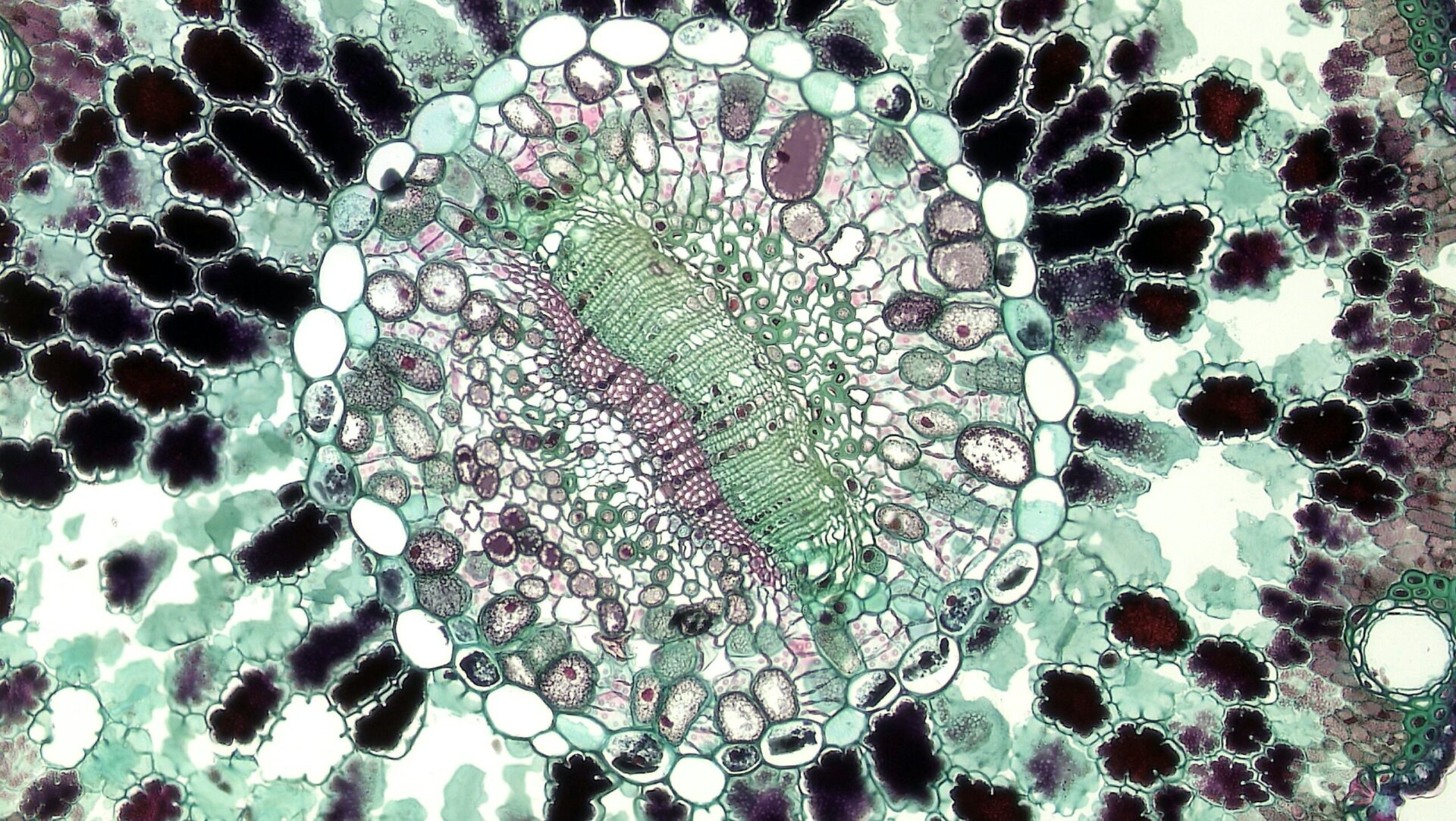Focus these days tends to be on individuality. Especially in this age of genetic testing.
The fact is, however, that ahead of individual differences, we are all human. Not only that, but as far as we know today, with the latest studies of mitochondrial gene evolution and transmission, we are all descendants of the same group of homo sapiens from the south western coast of Africa.
Hence the question: can we make universal recommendations? Imagine we could examine every human being on the planet, and assess organ function. For example, examine function of the kidneys, liver, pancreas, gall bladder, stomach, small intestine, and large intestine. Would we find differences in how these are working from one person to another? Of course we would! That’s obvious. But does that have to do with inherent individual differences, or does it have to do with acquired differences that have developed over time for a range of different reasons?
What if we were to ask this question instead: is there a difference, from one person to another, in how these organs are meant to work, a difference in how these organs should be working?
If that were the question, we would most certainly agree, together with probably all anatomists and physiologists, that all of these organs, and the rest of the internal organs of our organism, are meant to work in the same way. That all these organs, no matter in which person they happen to be, and no matter how they are currently working, are nevertheless meant to work in precisely the same way to perform precisely the same functions. And this not only in humans, but also in most animals with whom we share these fundamental anatomical and physiological characteristics.
This naturally points not to individual differences but toinherent similarities as the fundamentally essential.It is however quite easy to understand why there is so much emphasis on individuality. Aren’t we all unique and different? Aren’t we all so special in this uniqueness? Don’t we all have to learn to listen to our inner voice and pursue what we need to feel fulfilled in our own unique way? And how cool it is to be able to know our genetic profile, our own, completely unique, personal, and individual genetic profile? How special does it make us feel to know that there isn’t a single other person that has the same genetic profile as us?
What if everyone was brought to believe that each type of cancer is different, not superficially but fundamentally, and that in addition, each type is expressed differently in each individual because of the different interactions with their unique genetic makeup? That it is necessary to treat each individual cancer and each individual person with a drug that is genetically tailored just for them in their particular situation? What if we were brought to believe that this was the case for most illnesses and chronic diseases: that what is needed are specific drugs for specific conditions that are genetically tailored to each person? What endless possibilities! What awesome growth potential! What amazing investment opportunities! And what astronomical potential for returns on investments!
Contrast this with a position holding that cancer is a metabolic disease, and that no matter what kind it is, fundamentally cancer is always caused by a mitochondrial dysfunction that leads to excessive fermentation of glucose for fuelling accelerated reproduction and a cellular activity that has become undifferentiated, and that therefore, all cancers can be prevented and even reversed by effectively starving the cancer cells of fuel by maintaining very low glucose and very low insulin levels in the bloodstream to ensure that healthy cells derive their energy from fatty acids and ketones, while the weakened and dysfunctional cancer cells starve and die.

What growth potential? What investment opportunities? What returns on investments? Contrast this with a position holding that all chronic diseases are also rooted in metabolic dysfunctions, and arise, simply and naturally, in a rather predictable manner, from things like chronic dehydration, chronic dysfunctions in digestion, absorption, and elimination, chronic nutritional deficiencies, biochemical imbalances, accumulation of metabolic acids and wastes, and result from all the consequences brought on by these dysfunctions and imbalances over years and decades that grow in severity in time until we are really quite sick, but all of them very simply prevented and treated with proper self care, hydration, and nutrition.
Again we can ask, what growth potential, what investment opportunities, what returns on investments?Whatever your personal inclination about any of this, it’s definitely something to keep in mind when evaluating statements concerning the general applicability versus the individual tailoring of treatments for ailments and approaches to health.
My position is simple:
- As living organisms and complex animals, all humans are basically the same in anatomy and physiology;
- There are obvious differences from one person to another that must be taken into account when considering each person individually; but
- On the whole similarities are many and fundamental, while differences are fewer and generally superficial.
This is not to say that differences can be dismissed or even overlooked. Of course not. There are important differences in the expression of fundamental genes like the MTHRF gene that regulates methylation in the body, and which hence directly affects the body’s biochemistry and state of health. Similarly, there are important differences in response to sunlight and vitamin D metabolism from one person to another, even people from the same general gene pool.
But these are nevertheless superficial compared to the totally fundamental considerations of how cells, organs, systems, and hormones work. With all of this in mind, let’s come to the main point:what recommendations I would make with confidence to any adult not suffering from a major disorder, younger or older, weaker or stronger, more fragile or more robust, knowing that these recommendations would in no way be harmful, and would instead be helpful to improve health. They are presented in order of importance.

- Drink plenty of water and eat plenty of unrefined salt with meals. This is essential for proper hydration on which every cell relies, and proper kidney function on which the organism as a whole relies.
- Get at least 8 hours of quality sleep per night, on a regular schedule, somewhere between 21:00 and 8:00 the next day. Nothing is more important for health than sleep, and there is no way in which we can make up for a lack of it.
- Practice intermittent fasting. Nothing offers a more effective way to cleanse, repair, heal, and optimise cells, tissues, organs and metabolic function than fasting.
- Eat only nutrient dense whole foods. Ideally organic and pasture raised, focusing on high quality animal protein and fats, and micronutrient dense plant foods, avoiding all processed carbohydrates, lectins from grains and nightshades, and any foods to which you may be intolerant (e.g., dairy, eggs, nuts, etc).
- Take vitamins A, D3, and K2. These are fundamentally important fat-soluble vitamins, essential for healthy gene expression, calcium metabolism, healthy bones and teeth, and healthy arteries and soft tissues throughout the body.
- Take baking soda. Start the day with half to three quarters of a teaspoon of baking soda dissolved in a large glass of water on a completely empty stomach. This is the easiest way to supply the most important alkaline compound used by the body, and offset the acid load and potential accumulation in tissues of metabolic acids.
- Take iodine. This is essential for healthy thyroid, mammary, and glandular function in general. But iodine is needed in every cell, and basically everyone is iodine deficient. Unless you live by the sea and eat fish and seafood regularly, you need extra iodine (either in pills or by eating sea vegetables).
- Take magnesium. This mineral is also needed by all cells, but especially muscle cells that need and use up magnesium in order to relax, and our soils are globally deficient in it. Thus, naturally, so are we. Contraction of muscle requires calcium, which is quite abundant in our diet; relaxation requires magnesium, which is, on the contrary, rather scare in our food supply.
- Practice resistance training. Focus on large compound exercises like the deadlift, squat, benchpress, and standing overhead press. There is no way more effective to maintain a strong and healthy balanced musculature, nervous system, skeletal structure, and hormonal system than whole body exertion through complex lifts with sufficient resistance.
- Find purpose and fulfilment in your life. This is fundamental. Without a sense of purpose we feel useless, unneeded, unwanted. Without a sense of fulfilment from what we do, we feel hollow, empty, worthless. It is therefore essential to find and to actively seek to maintain a strong sense of purpose, and a feeling of fulfilment in life. Do not take this lightly. Look into it and find it.
Here you have it: ten simple recommendations for a healthy life. And, from the perspective presented here, ten universal recommendations for any adult without a major disorder requiring specific considerations, which are sure to not cause harm, and instead sure to bring about improvements and benefits to metabolic, hormonal, muscular, skeletal, and physiological functions of the organism as a whole. Therefore, in conclusion, I would say that yes, it is possible to make universal recommendations about health.

